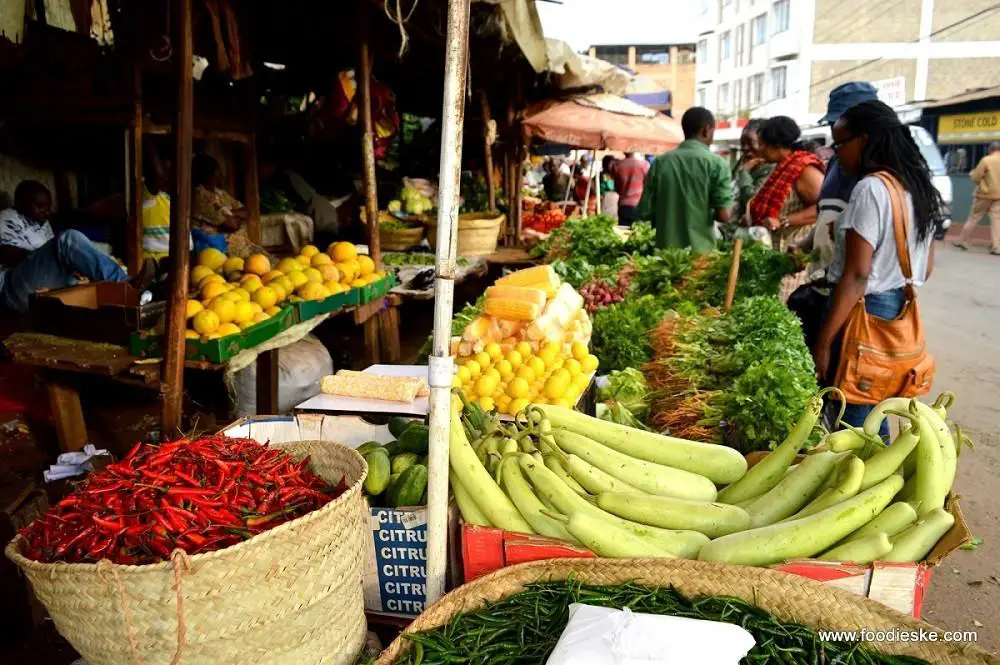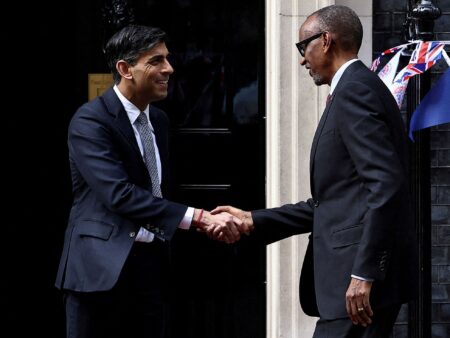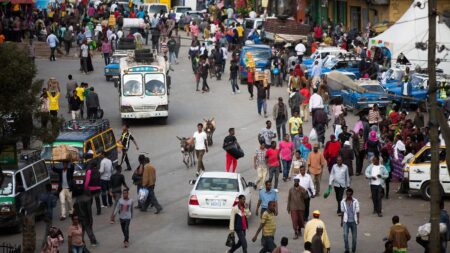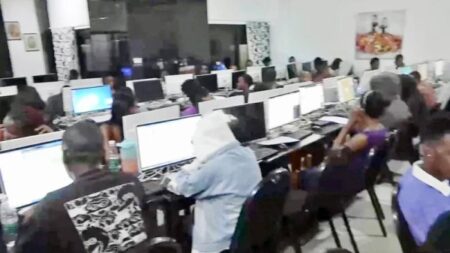The International Labour Organisation (ILO) says that almost 25 million jobs could be lost worldwide as a result of covid-19.
Globally, the coronavirus pandemic could cause an economic and labour crisis where unemployment could range between 5.3 million in a “low” scenario and 24.7 million in a “high” scenario from a base level of 188 million in 2019.
In comparison to the 2008-9 global financial crisis, the effect on job losses could now be higher by about three million jobs from the 22 million registered in 2008/9.
How is Africa suffering from US-China trade wars?
During the 2008/9 crisis, Africa largely weathered the impact of the crisis but suffered lower commodity prices, trade volumes, remittances, and foreign direct investment. The financial contagion hit both developed and developing countries by shaving off about 5–7 per cent of GDP which was worth two to three years of growth in rich countries. In Africa, this shrinking of the GDP was a year’s worth.
While Africa’s economies remained somewhat afloat in the crisis 12 years ago, this may not be the case now.
ILO says that an internationally coordinated policy response, as happened in the global financial crisis could significantly lower the effects.
The UN body is calling for the extension of social protection, supporting employment retention (i.e. short-time work, paid leave, other subsidies), and financial and tax relief, including for micro, small and medium-sized enterprises.
In addition, the note proposes fiscal and monetary policy measures, and lending and financial support for specific economic sectors.
Curfews and lockdowns will be bad for Africa.
The ILO notes that underemployment is also expected to increase on a large scale, as the economic consequences of the virus outbreak translate into reductions in working hours and wages. Self-employment in developing countries, which often serves to cushion the impact of changes, may not do so this time because of restrictions on the movement of people (e.g. service providers) and goods.
In some countries, lockdowns have been enforced meaning that much economic activity is going on.
South Africa is already on lockdown for 21 days with President Cyril Ramaphosa announcing the measures on Monday.
“From midnight on Thursday, March 26 until midnight on Thursday, April 16, all South Africans will have to stay at home.”
In a televised address to the nation, Ramaphosa said that the move was to save lives of South Africans from infections and to save lives.
To show how the lockdown will affect the economy, all non-essential businesses will remain closed during the lockdown.
The most affected are shop and business owners except pharmacies, laboratories, banks, the Johannesburg Stock Exchange, supermarkets, petrol stations and healthcare providers. From this directive, most small traders will be affected.
In Africa, most people are self-employed and fall under the categories most affected in the South African directive. This means that many African countries where many people are on subsistence activities will suffer the most.
Coronavirus: African leaders stuck with neglected, outdated healthcare systems
In Kenya, a curfew has been enforced from 7 PM to 5 AM but with the possibility of a complete lockdown in the coming days.
Kenya has reported its first covid-19 coronavirus fatality which may advise the next steps in safeguarding the country from further escalation. Despite the government not having called for a complete lockdown, most economic zones have been deserted. However, a majority poor are still on the streets to eke out a living in these challenging times.
In addition, most people have moved to the rural areas posing a risk for a further and faster spread of the virus while also denying the subsistence earners a livelihood.
To cushion the poor, the ILO says that social protection systems and public infrastructures for social services increase resilience, allowing societies to cope with emergencies in the immediate term and to mitigate the impact of possible future crises.
“Effective and efficient social security systems are powerful economic and social stabilizers of economies and societies, especially if they are already in place before a crisis hits. The role of social protection supporting aggregate demand in times of crisis has been widely recognized. The Ebola outbreak in parts of West Africa showed that the lack of social protection measures in the context of health epidemics aggravates poverty, unemployment and informality, leading to a vicious circle of even greater fragility,” adds the ILO note.
Most African nations have not announced any plans for social cushioning thus forcing many to risk the virus as they continue with day to day activities for a living.
Rwanda preceded South Africa’s lockdown becoming the first country to take the step on the continent.
There is a likelihood that the two-week lockdown will be extended affecting many businesses deemed non-essential.
Many Rwandans are worried and uncertain about how they will manage to feed their families and get through the lockdown.
With complete lockdowns looming, Africa should brace for a situation worse than the 2008/9 crisis since the backbone of many economies- day to day casual labourers- will not be able to sustain the activities that run their economies.











